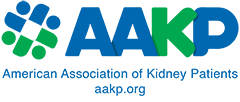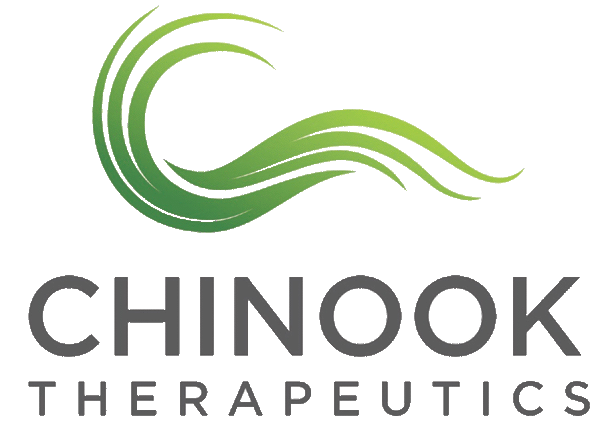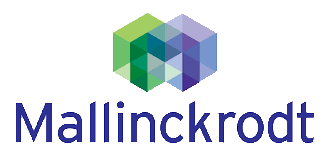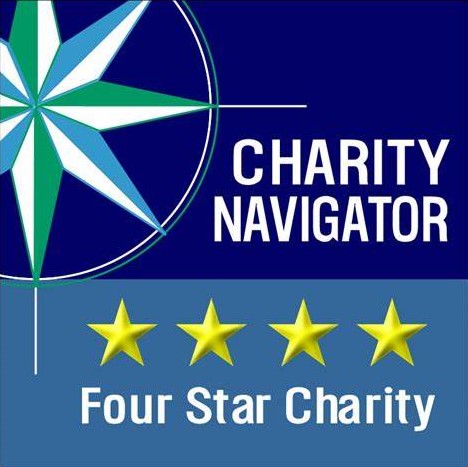The deadline for nominations for the American Association of Kidney Patients’ Jenny Kitsen Patient Safety Award is July 31.
This award, funded by an endowment from the former ESRD Network of New England, is used to fund a presentation that advances patient safety by exploring innovation in health systems management. Among the organizations eligible to apply for the Award are 501(c)(3) and 501(c)(6) organizations , public and government agencies, and many other organizations and institutions. The deadline for grant applications for the 2015 calendar year is July 31, 2014.
The lecture was created in honor of Jenny Kitsen, former executive director of the ESRD Network of New England. Ms. Kitsen has been a champion of patient care throughout her career.
Patients who undergo dialysis treatment have an increased risk for getting a health care-associated infection (HAI). Hemodialysis patients have weakened immune systems, which increase their risk for infection, and they sometimes require frequent hospitalizations and surgery where they might acquire an infection.
AAKP was founded in 1969 by a group of six kidney patients. Celebrating its 45th Anniversary, AAKP has evolved to be the primary source of advocacy, education, and interaction for chronic kidney disease patients, ESRD patients and kidney transplant recipients, as well as the families and professionals who support them in improving their health and their lives.
For more information on the Jenny Kitsen Patient Safety Award, please call AAKP at 1-800-749-2257. To learn more about the American Association of Kidney Patients visitwww.aakp.org/community/programs-events.
AAKP is the voluntary, patient organization, which for more than 45 years, has been dedicated to improving the quality of life of kidney patients through education, advocacy and the fostering of patient communities. The programs offered by AAKP inform and inspire patients and their families to better understand their condition, adjust more readily to their circumstances, and assume more normal, productive lives in their communities.






























